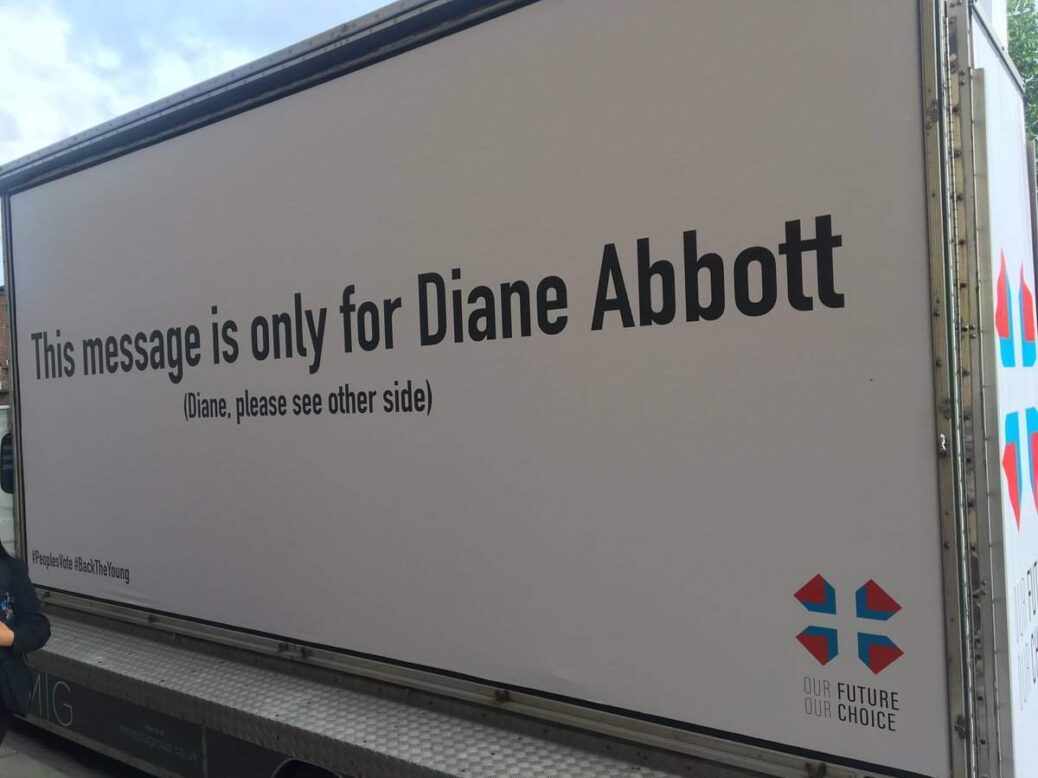
As the EU Withdrawal Bill faces crunch votes in the Commons, Remainers are rallying for a last-ditch attempt at keeping the UK in the European Union – or at least asking the public for a second opinion on the departure.
Two-thirds of people think Brexit is going badly, according to recent polling – public sentiment that has also emboldened those who wish to reverse, or temper, the process.
However, YouGov has consistently found fewer people in favour of “a referendum to accept or reject” the terms of a deal than against (on average, 33 per cent in favour to 46 per cent against).
And even polling by the Best for Britain campaign – which is “fighting to keep the UK open to EU membership” – found that more people were against a second public vote than in favour (39 per cent to 45 per cent).
So professional anti-Brexiteers aren’t receiving much traction among the public or in the House of Commons.
My colleague Stephen Bush explained yesterday that the arguments used by devout Remainers show little sign of them having learned from their defeat in 2016.
And I’ve written before about the individual campaigns – such as Best for Britain and Open Britain – struggling, both from having high-profile yet has-been politicians associated with their cause, and delivering mixed messages (ie. do they want to stop Brexit, soften Brexit, or simply secure a second vote on the deal?).
Their backing from business and former politicians also connect them to an unpopular elite that many argue contributed to the EU referendum result in the first place.
For example, when on the road with the new pro-Remain political party Renew earlier this year, its founders told me they were exasperated by “establishment” associations made by their detractors. “We are not funded by Tony Blair, George Soros, Israel, the EU or George Osborne,” sighs one of the three leaders, James Torrance.
Now these organisations’ younger counterparts are also receiving stick.
Why, and who are they?
For Our Future’s Sake
What? Students and young people campaigning for a “people’s vote” on the terms of Brexit.
How? Stunts like protesting Jeremy Corbyn’s speech at the LabourLive festival with “Jeremy, We Love EU” t-shirts and a “Stop Backing Brexit” banner.
What’s going wrong? Grassootsy, ballsy and pro-free movement, this group has an affinity with the left-wing campaign group Another Europe is Possible.
Both groups have the same problem that other figures on the left, including young Labour members and Momentum activists, are not sympathetic to attacks on Corbyn regardless of how they feel about Brexit. Corbyn represents the socially liberal values they endorse, and they would prefer to see a purely anti-hard Brexit, anti-Tory approach.
Our Future Our Choice
Who? Young people campaigning to “halt Brexit”.
How? By securing a “people’s vote” (a second referendum on the deal), and persuading Jeremy Corbyn and “soft Leavers” to change their minds.
Also, they are running pro-Remain advertisements targeting Labour MPs’ constituencies. These include photoshopping shadow chancellor John McDonnell in the pocket of arch-Brexiteer Tory Jacob Rees-Mogg, shadow defence secretary Nia Griffith in the pocket of former Ukip leader Nigel Farage, shadow international development minister Preet Gill with tape over her mouth (“Who silenced Preet Gill MP?”, reads the poster, referring to a tweet she deleted supporting a further referendum), and a van telling shadow home secretary Diane Abbott that Brexit is “too big to ignore”.
.@UKLabour @johnmcdonnellMP There is no Brexit that is good for young people. pic.twitter.com/HWMMOshbiU
— Our Future, Our Choice (@OFOCBrexit) June 18, 2018
What’s going wrong? OFOC are getting stick from all sides at the moment. First, their posters have been criticised for depicting politicians most constituents won’t have heard of AND for simply playing to the gallery of online Remain supporters, with the intention of going viral.
Left-wingers are angered by OFOC’s criticism of Labour’s position, and are questioning the group’s grassroots credentials, pointing out “establishment” backers: the group’s homepage states it’s “powered by” pro-EU movements like Best for Britain, Open Britain, The European Movement and the whole “grassroots coordinating group” (GCG) that brings the main groups opposing hard Brexit together.
Aaron Bastani, of the left-wing media platform Novara, has pointed out the group is based in Millbank Tower near Westminster – the heart of the political broadcast media. They share a headquarters with other pro-Europe pressure groups.
Spokesperson and co-founder Femi Oluwole started out campaigning before the referendum by standing alone in Birmingham city centre wearing a t-shirt with “EU questions? Just ask; I’ll do my best. I won’t speak unless spoken to” felt-tipped onto it.
***
Although these groups’ spokespeople and stunts are more dynamic and refreshing than the same old former politicians or business figures who argue alongside them, it seems they are suffering from the same obstacles as the more established campaigns: Party politics, lack of public appetite, and at least a perceived association with “the establishment”.



